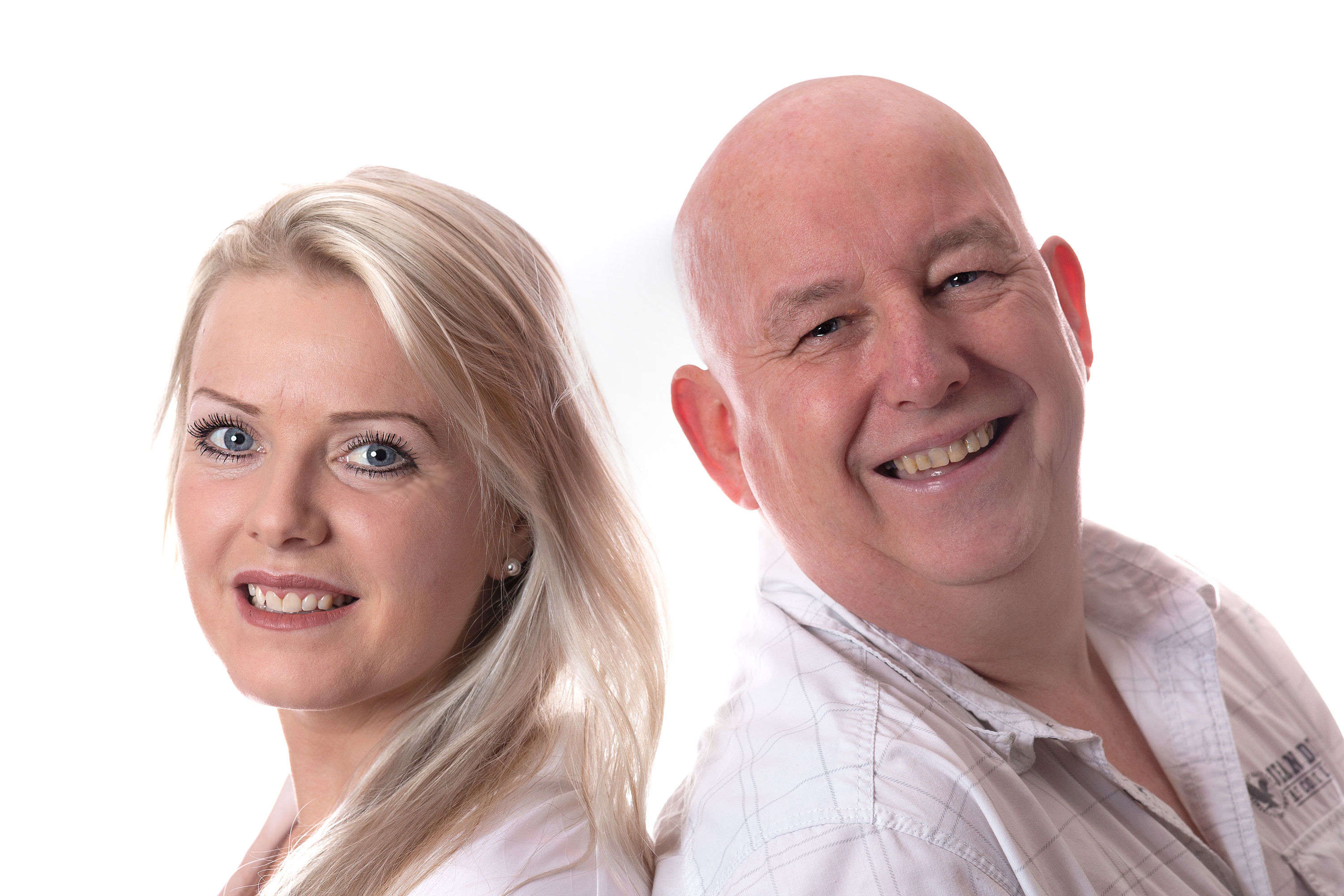
Manx Care CEO gives evidence to Dr Ranson remedy hearing
A tribunal has heard being a whistleblower could harm a doctor's chances of being employed in healthcare.
Manx Care chief executive Teresa Cope has been giving evidence to a remedy hearing looking into the unfair dismissal of former Medical Director Dr Rosalind Ranson.
The second day of the hearing began with the conclusion of Dr Ranson's evidence.
The Department of Health and Social Care's lawyer quizzed the doctor further about her plans to work until she's 72 - 14 years from now.
The hearing was told about the impact the stress of this case has had on Dr Ranson's health and ability to work currently.
While Simon Devonshire KC put it to Dr Ranson that it would be unlikely she would be able to continue working until 2037, she insisted stress had always been part of her job, but the whistleblowing case had exacerbated her symptoms.
Mr Devonshire suggested she may be able to return to work in some capacity in the future, but Dr Ranson told the tribunal "it's an all consuming job, you don't just dabble in it", and that the case had left her in a state of being "totally traumatised".
In Mrs Cope's evidence, the decision to search for a new medical director in place of Dr Ranson was discussed, as well as the role's salary.
Manx Care's chief executive said Mr A, as he's been referred to throughout the hearing, was given a pay rise to £229,000 in April last year.
Initially he was hired to spend 32 hours a week on medical leadership work, and eight hours in a clinical role as a stroke specialist on a £200,000 salary, but Mrs Cope admitted that this was "unrealistic and unreasonable".
Mr A now spends 40 hours per week on leadership, and is paid for an extra eight hours doing clinical work, some of which takes place off Island in a specialist stroke centre.
After Dr Ranson told the hearing she would have sought an uplift on the basis that she was also working in excess of her contracted hours, Mrs Cope insisted an increase wouldn't have been considered in the same way for Dr Ranson, as she wasn't carrying out clinical tasks.
Mrs Cope explained that all members of the executive team work above their contracted hours, and that none have successfully sought a pay rise for this reason.
Oliver Seagal KC, representing Dr Ranson, also questioned Mrs Cope about how the case has damaged the former medical director's reputation.
He asked the CEO if she was faced with two candidates with the same experience and skills, but knew one was a whistleblower and had health issues, which she would hire.
Mrs Cope responded "If they scored the same in every area, you would probably choose the candidate that didn't have that background".
She added that she personally wouldn't be prejudiced against someone who'd missed time from work because of illness, but conceded this wouldn't be a universal stance within the healthcare sector.
The hearing continues tomorrow, when two pensions experts will give evidence as the tribunal seeks to determine how much Dr Ranson will be awarded for being unfairly dismissed by the DHSC.


 DoI continuing to look at bus station options
DoI continuing to look at bus station options
 Education minister committed to finding 'fairest system' for student awards
Education minister committed to finding 'fairest system' for student awards
 Manx Care reports increase in Covid and other respiratory illnesses
Manx Care reports increase in Covid and other respiratory illnesses
 High risk of wildfires this weekend, says fire service
High risk of wildfires this weekend, says fire service
